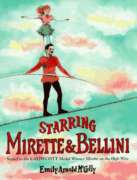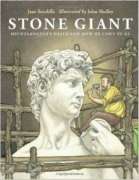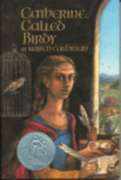
Four years after Alfie Summerfield’s father left London to become a soldier in World War I, he has not returned but Alfie, now nine, is shining shoes at King’s Cross Station when he happens to learn that his father is at a nearby hospital being treated for shell shock.









